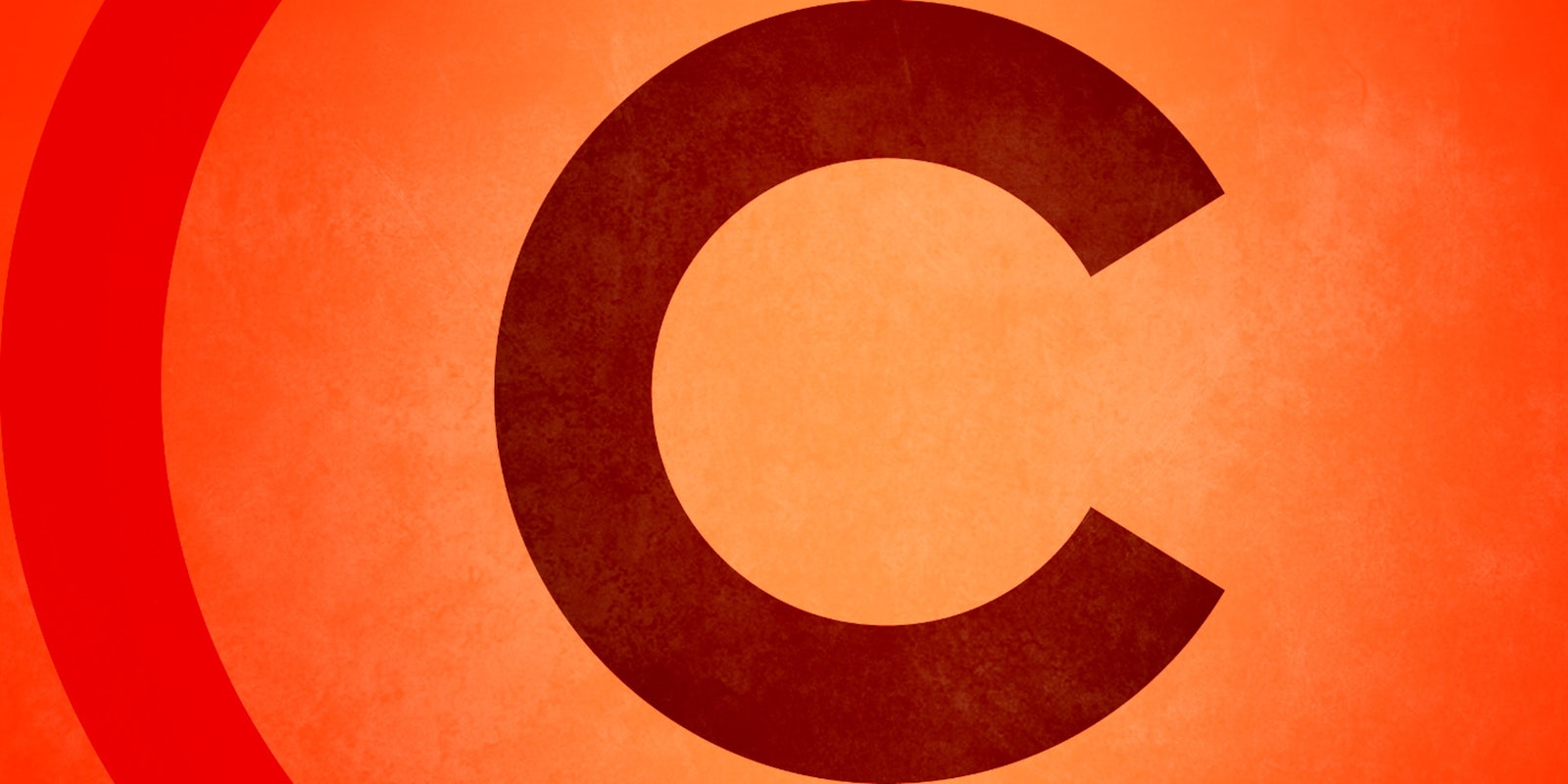Comcast’s lawyers argued in a letter to the Federal Communications Commission this week that the company should be allowed to charge its customers to maintain their privacy online.
Internet companies are determined to get their hands on user data, including browsing habits, typically through deep packet inspection, a technique which examines every unit of data between its source and destination.
More simply, Comcast would like to comprehensively track users’ web history, search activity, and other online behavior. It would also like to charge customers a fee for not doing so.
The collection of such data is often called “snoopverstising,” because companies like Comcast will sell it to outside agencies for marketing and advertising purposes.
“A bargained-for exchange of information for service is a perfectly acceptable and widely used model throughout the U.S. economy, including the Internet ecosystem, and is consistent with decades of legal precedent and policy goals related to consumer protection and privacy,” Comcast said in its letter.
Earlier this year, AT&T was ridiculed by journalist Karl Bode, who’s been closely reporting on snoopvertising developments for years, after the company claimed people who didn’t opt-out of its tracking were really receiving a “discount.”
To put it another way, users who did not want to be tracked are charged an additional $30 a month on their bill. But instead of calling this a “privacy surcharge,” AT&T assumed it might go over better with customers if they claimed users who allowed tracking were receiving a discount instead.
Isn’t that neat?
As Bode wrote Wednesday at DSL Reports:
In short, Comcast is arguing that protecting your own privacy should be a paid luxury option, and stopping them from doing so would raise broadband rates. But as we’ve noted for years it’s the lack of competition that keeps broadband prices high. It’s also the lack of competition that prevents users upset with broadband privacy practices from switching to another ISP. That’s why the FCC thinks some basic privacy rules of the road might be a good idea.
H/T DSL Reports/TechDirt


